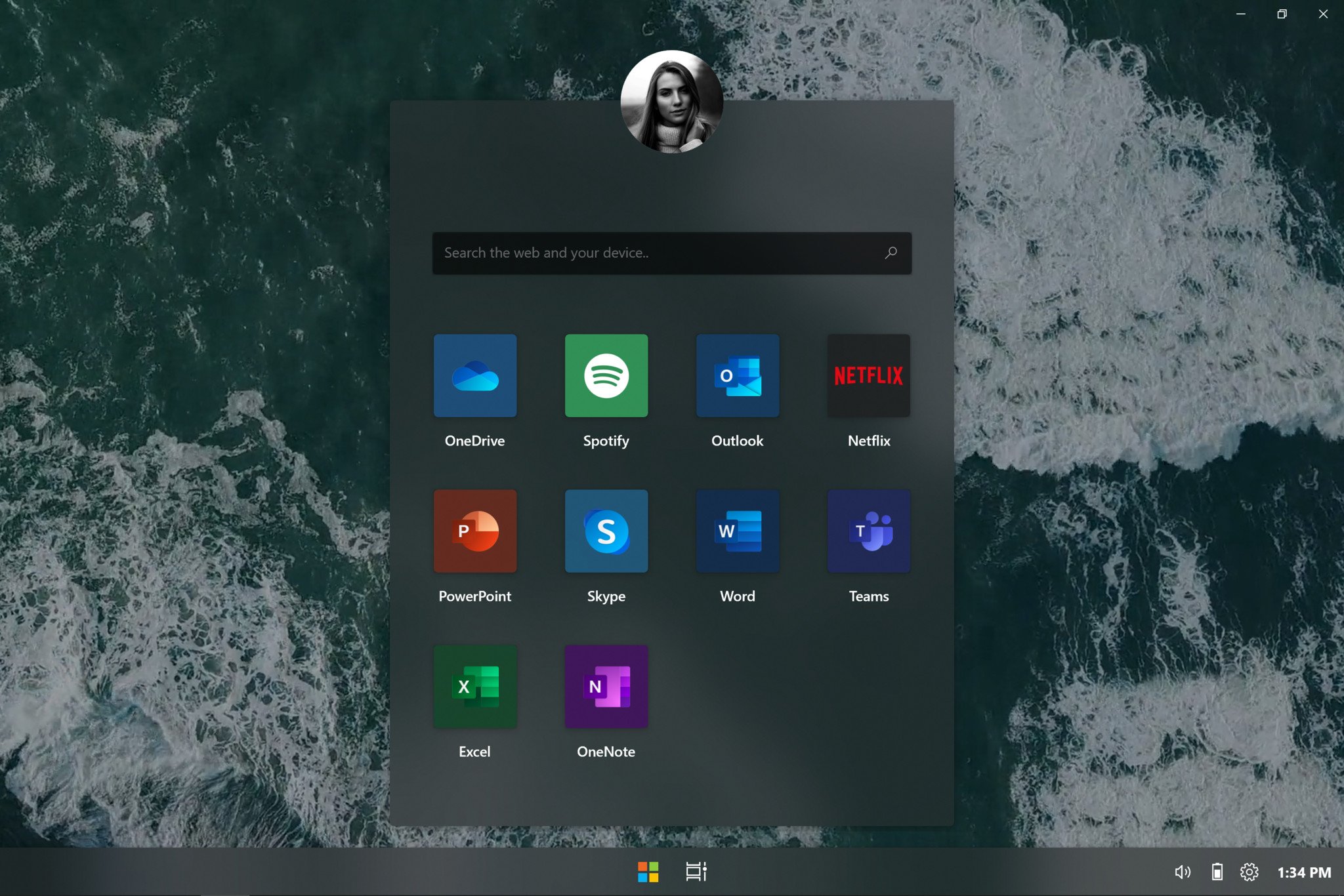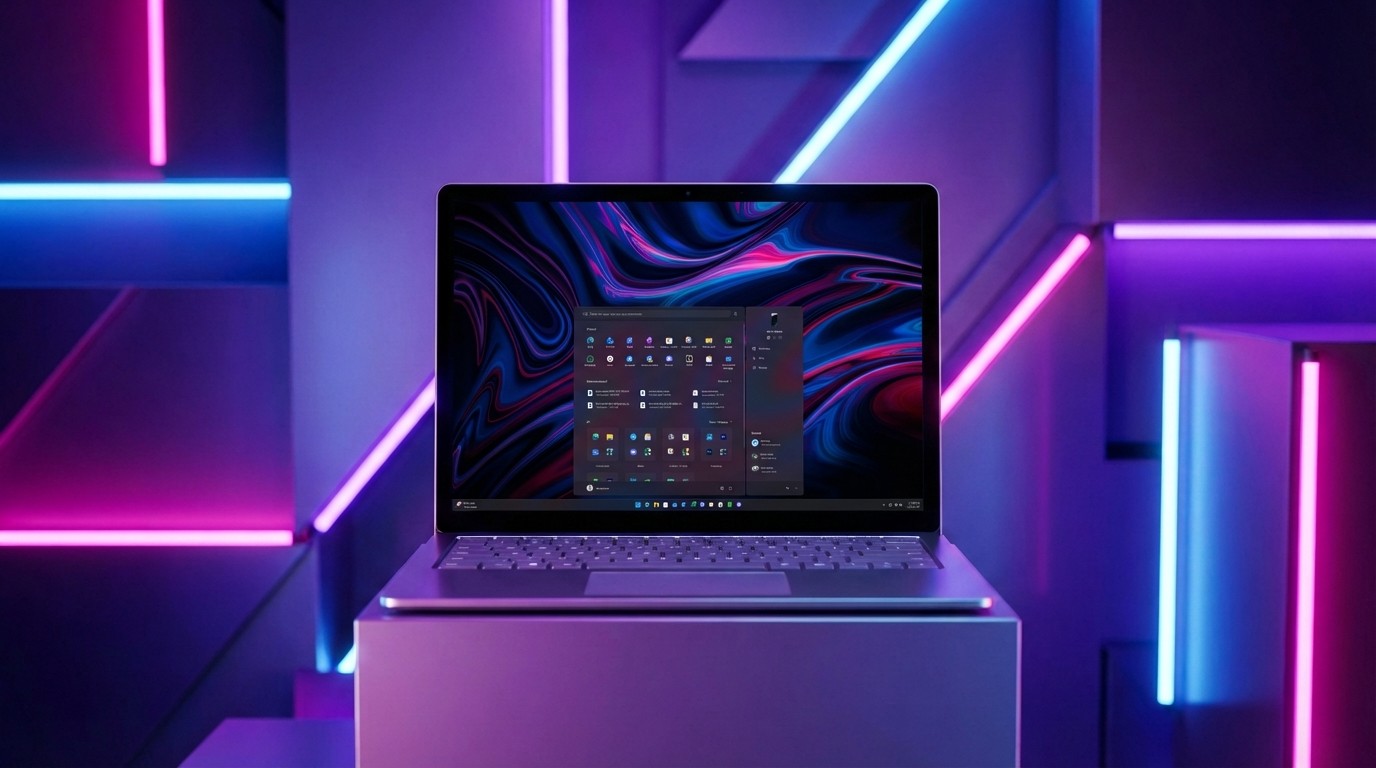With 'Surface Centaurus,' can Microsoft avoid Samsung's Galaxy Fold mistakes?
Samsung's Galaxy Fold has re-emerged after a difficult delay, alongside high-profile problems with its generation-one folding display. Will Microsoft's Surface "Centaurus" suffer the same problems?
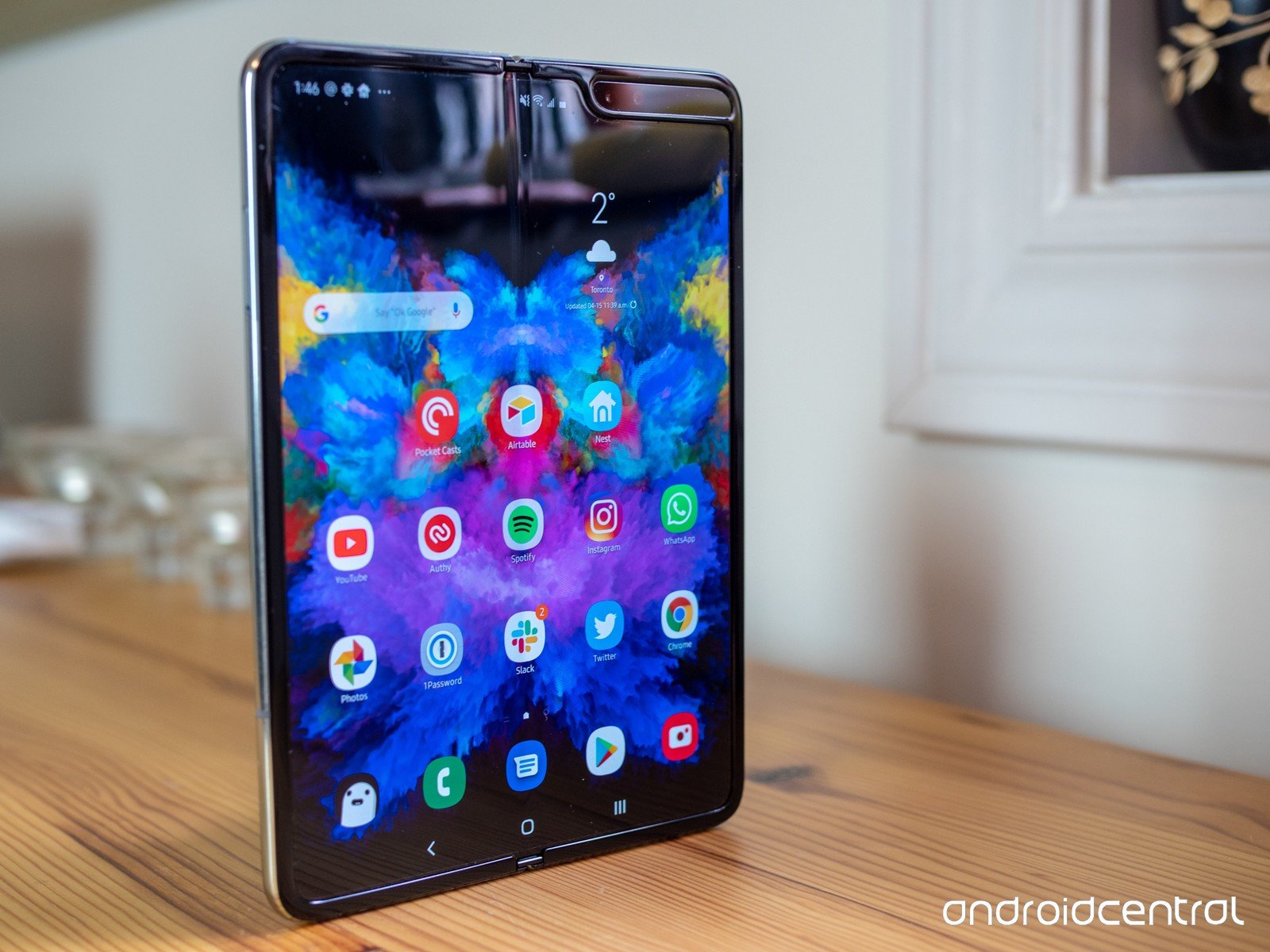
All the latest news, reviews, and guides for Windows and Xbox diehards.
You are now subscribed
Your newsletter sign-up was successful
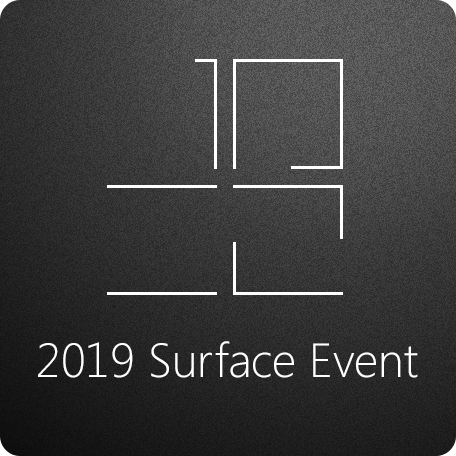
The Samsung Galaxy Fold is among the first in a new wave of foldables expected to dominate tablet and phone innovation over the next decade. Notoriously, the Fold was also plagued with launch issues, with early review units failing relatively easily under a variety of average smartphone user scenarios.
After some engineering tweaks, Samsung started sending out review units once again, and early impressions seem to be relatively positive. Our sibling site Android Central has covered how Samsung improved the design of the flexible display in-depth.
Despite the improvements, the Galaxy Fold still screams "generation one" device to me, something only passionate enthusiasts will likely buy. I had to convince myself not to buy it, because as faulty as it's likely to be over time, there's something so incredibly compelling about it. Something Surface fans have been dreaming about for a couple of years, in fact, since the first "Surface Phone," or "Andromeda," patents started appearing online.
Nowadays, Andromeda seems like little more than a pipedream. But Microsoft isn't about to let Samsung and other Android OEMs have all the foldable fun, and it is readying its own folding Surface "Centaurus" tablet, according to rumors. Can Microsoft avoid the gen-one woes that have scared me away from the Galaxy Fold?
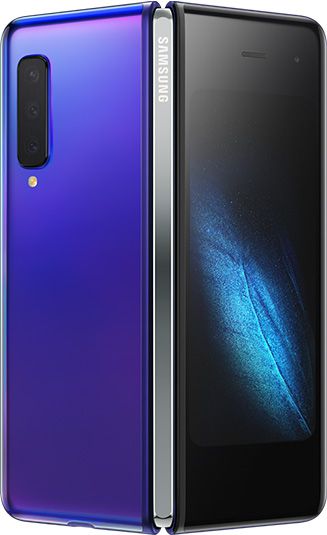
An entirely new kind of smartphone
The Samsung Galaxy Fold is something special. It's the first foldable phone to launch in the U.S. and makes every other handset look like a piece of ancient history. There are still some quirks with folding phones, but if you want to buy one, this is the one to get.
Folding ground zero
Samsung has included an array of improvements to the relaunched Fold, including a more robust folding mechanism and tighter protectorate around the display. However, there are a number of design flaws that are just too obvious a compromise to overlook. The way the Galaxy Fold doesn't go all the way flat when enclosed just looks clunky and malformed. The miniature display on the outside, while folded, also looks a little odd, with its chunky top and bottom bezels.
Surely, this is not the exact product Samsung would have wanted to ship but is instead representative of design constraints inherent with our current technology. Folding displays introduce a litany of construction challenges, putting immense pressure on the screen with repeated folds, creating creases that not only look ugly but can potentially lead to more serious damage.
These are the hallmarks of gen-one innovation. And even though it's going to be far from perfect, it's still incredibly impressive and will help pave the way for a future where mobile devices can do far more, while also being far more portable.
All the latest news, reviews, and guides for Windows and Xbox diehards.
Foldables are incredible ... or will be
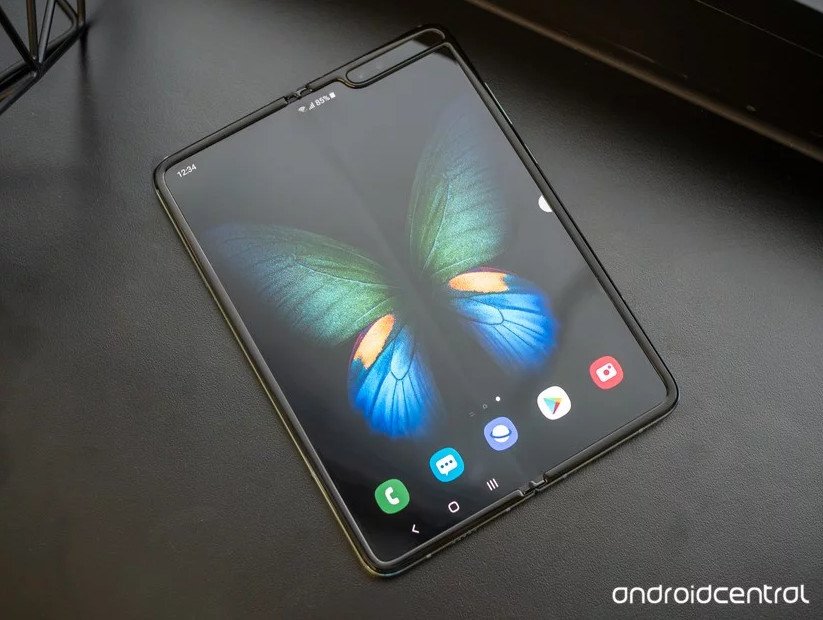
While most smartphone manufacturers seem content to release the same phone repeatedly year in and year out, relying on marketing to sell what are, in my opinion, otherwise incredibly boring, Samsung, LG, Huawei, and a few others are exploring the boundaries. There's a lot more you can potentially do with a folding form factor, especially when hinge technology gets better. Laptops have seen similar innovations, but of course, they cannot fit into your pocket.
A smartphone folded out in "tent mode" is convenient for consuming media. Folded upwards like a Nintendo 3DS, you have on-screen video game controls that don't obscure the display of what you're playing. The same goes for typing documents or even video editing on powerful Android apps like InShot and Adobe Rush, which are starting to give full professional PC programs a run for their money. And then there are just the basic, obvious benefits to multi-tasking.
Modern devices may not be able to take advantage of these scenarios today, but as more products launch with folding displays, app developers will start to accommodate and fill in the niches that come with the extra screen real estate. Where full Android tablets may have failed to take the world by storm, foldables may be able to help bridge the app gap between Android phones and more serious productivity devices, including Chromebooks. That could eventually bring a more serious challenge to Microsoft's homegrown platforms.
Surface challenge
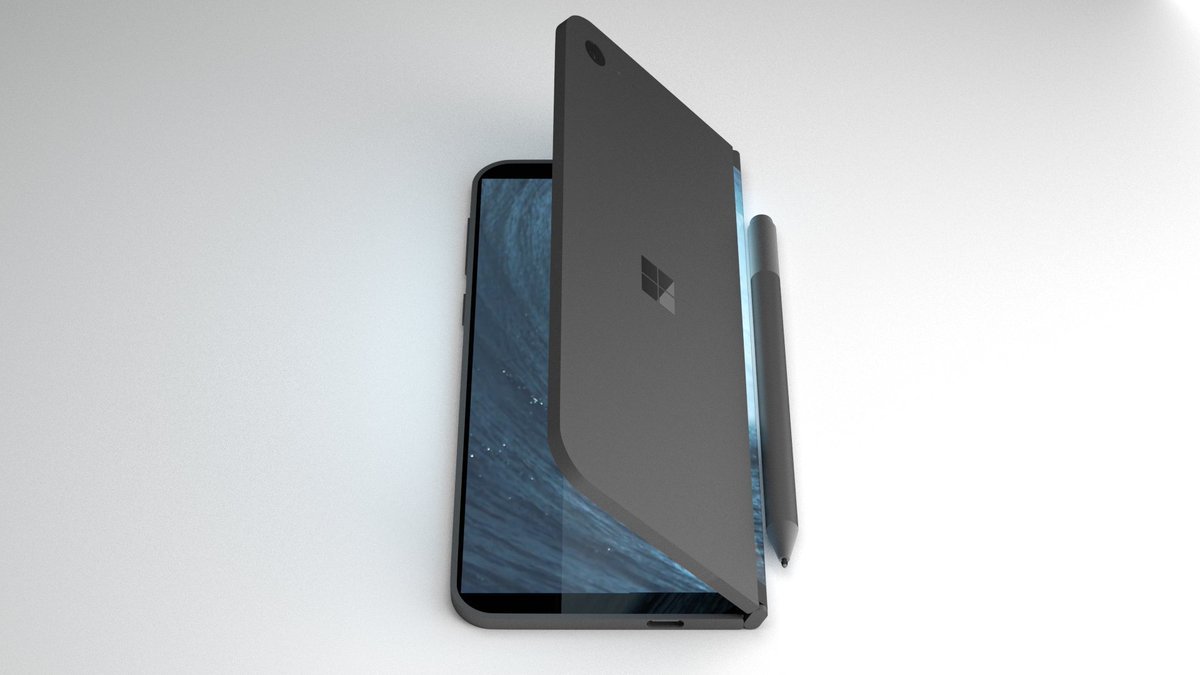
Microsoft lost the mobile race in spectacular fashion, arguably jeopardizing the long-term health of Windows. It's quite sad that in 2019, if I want to use the full Instagram or fully-functioning Twitter, I still need to pick up an Android or iOS device. The Windows 10 Microsoft Store is still a wasteland, and Windows development, in general, seems to have slowed to a snail's pace, with few exciting apps or "fun" social programs making their way to the platform.
With Surface Centaurus expected to be revealed in October 2019, Microsoft may also debut Windows Lite OS, which effectively seems like another stab at building a light, agile computing platform that makes the bulky Windows legacy optional — enabling more versatile ARM-based computing solutions in the process. Centaurus is expected to be a folding tablet and will spearhead a broader initiative from various PC manufacturers to build fresh devices in new form factors. Like Windows Phone, though, it'll live or die based on the support it gets from app developers. Centaurus will be able to take advantage of Win32 apps, and possibly even Android apps through some form of virtualization, but I don't see how these solutions will help Centaurus users enjoy the full benefits of having a folding device.
The Surface team is renowned for building incredibly polished devices, and it has years of experience under its belt from refining the Surface Pro line all the way to its sixth generation. Even if Surface can circumvent some of the design pitfalls that Samsung's smaller pocket-sized device has suffered, it'll all depend on which devices leverage their folding displays to their full potential.
Folding devices don't need to be a gimmick
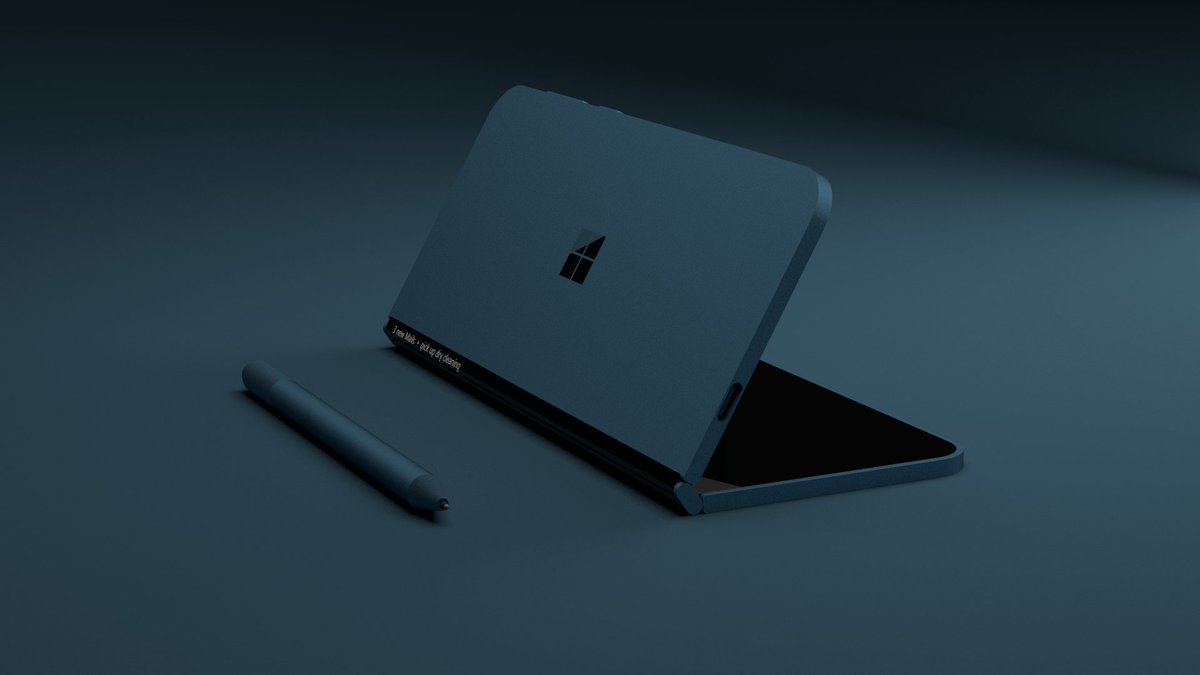
The experience that comes with a folding device hinges on more than just the gen-one issues and design constraints. Aside from basic side-by-side app multitasking, there are tons of other ways folding displays can be more versatile than a simple phone, laptop, or tablet, providing a bridge across various user scenarios offered exclusively by those older devices. Microsoft may have an advantage, supposedly shipping a larger tablet with more space for its components, but it's also supposedly shipping a brand new OS alongside it, dubbed Windows Core OS, with many hard questions about the app situation that need to be addressed.
Samsung's phone might have an unsightly gap and an odd tiny screen on the reverse side, but it may still end up providing to be a more enjoyable "folding" experience as a gen-one device, purely on the basis of Android.
As a wise alien tech blogger once said, Begun, the folding wars have ...

An entirely new kind of smartphone
The Samsung Galaxy Fold is something special. It's the first foldable phone to launch in the U.S. and makes every other handset look like a piece of ancient history. There are still some quirks with folding phones, but if you want to buy one, this is the one to get.

Jez Corden is the Executive Editor at Windows Central, focusing primarily on all things Xbox and gaming. Jez is known for breaking exclusive news and analysis as relates to the Microsoft ecosystem — while being powered by tea. Follow on X.com/JezCorden and tune in to the XB2 Podcast, all about, you guessed it, Xbox!
